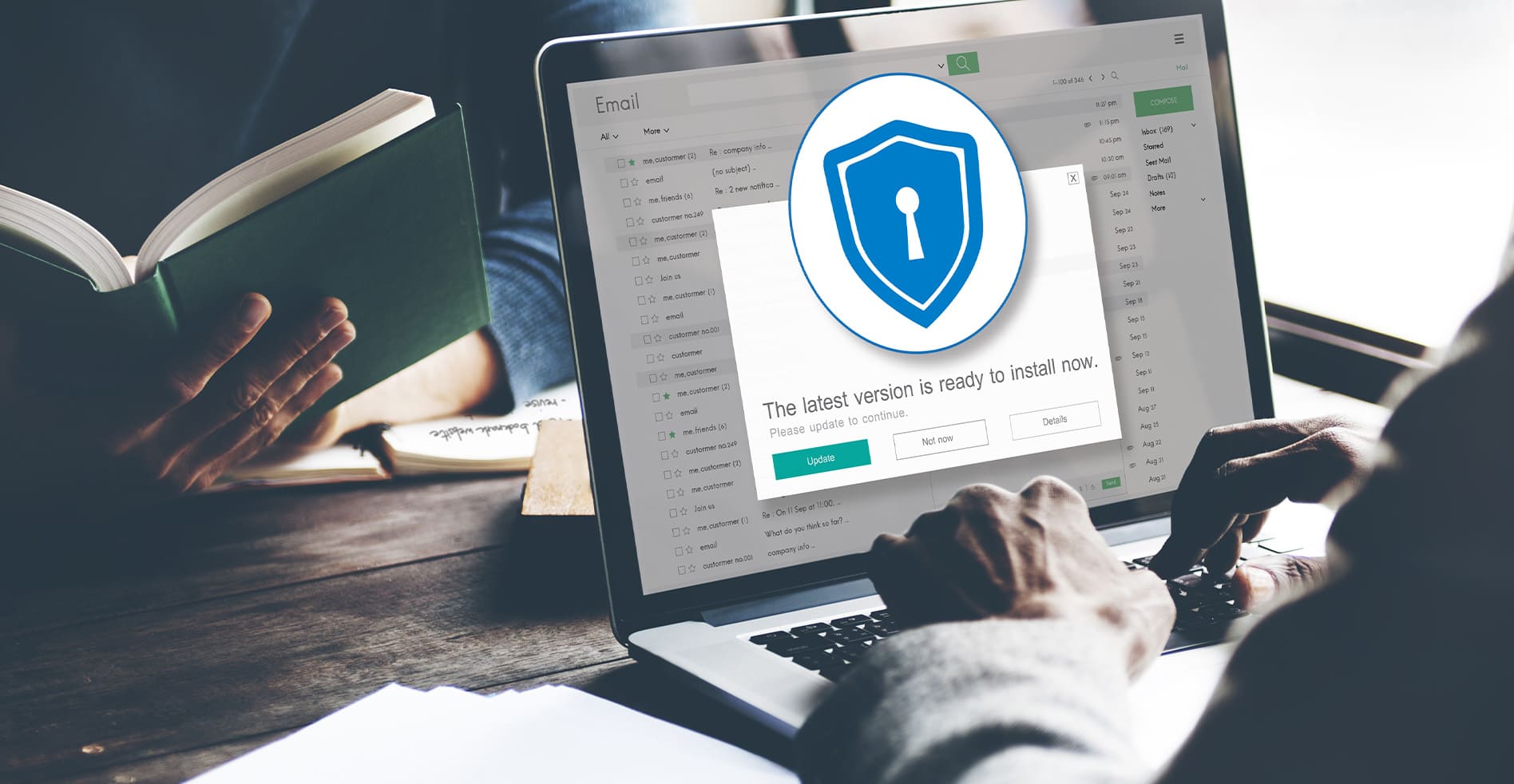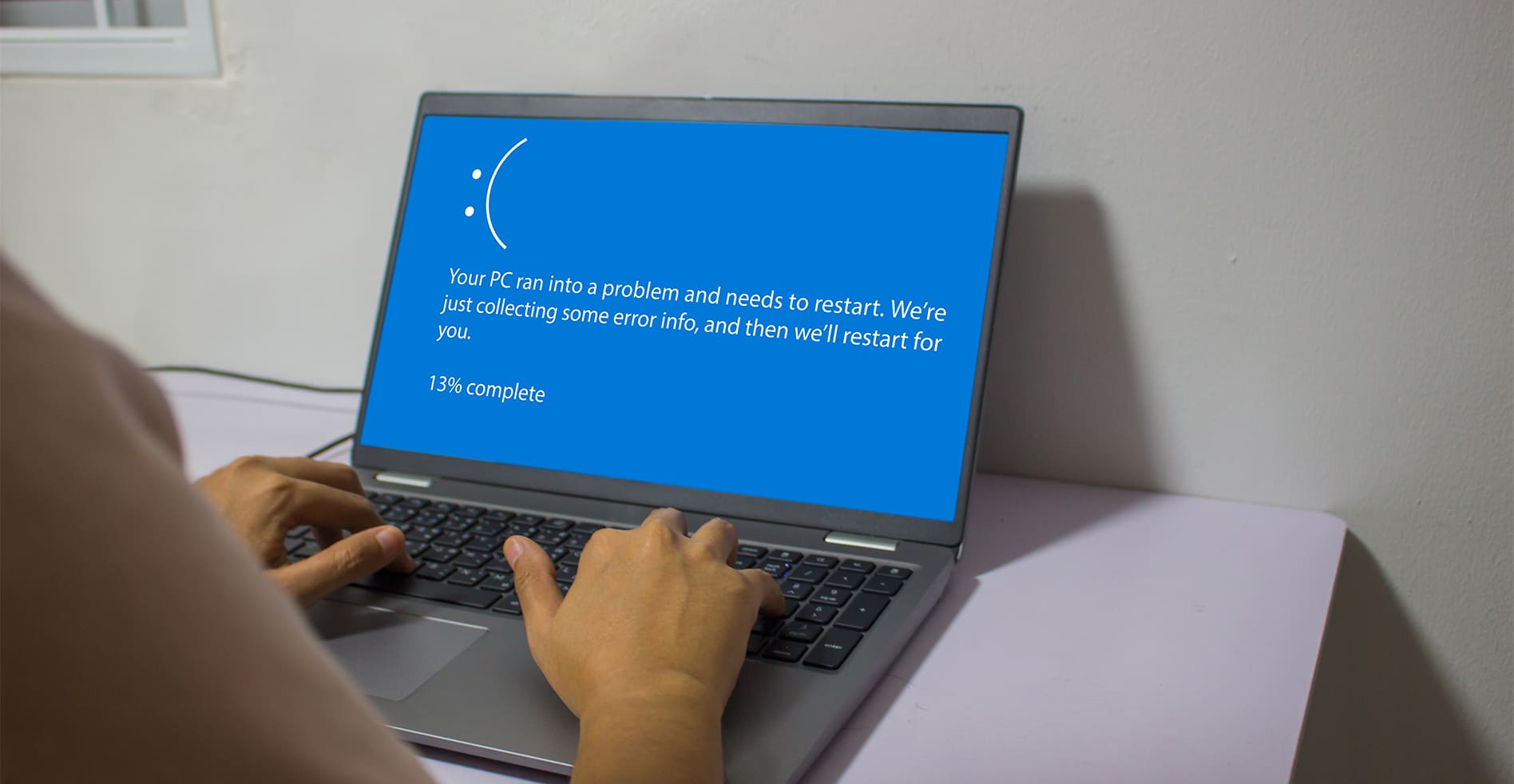It’s no coincidence that Halloween and National Cybersecurity Awareness Month fall together! Phishing and fraud efforts peak over the holidays, starting in October and continuing through January. While data threats are undoubtedly spooky, these tips from Computer Troubleshooters can help you boost your personal cybersecurity!
As online and offline lives merge, it’s more important than ever to make sure you’re protecting your online identity and information. So, what can you do to protect your data from hackers, malware, and other threats? Read on to find out!
Follow Best Practices for Passwords
With password generators and managing software, there’s no excuse for using the same password across multiple sites anymore. Protect your data by updating passwords and following best practices when doing so.
Authenticate Logins
Cybersecurity principles are universally applicable, but methods to perform them vary across platforms. Most sites provide two-factor authentication as a standard security feature, but there are a lot more security tools out there. For example, like many sites, Facebook and Instagram utilize trusted contacts and one-time passwords. In addition to this, Gmail offers security checkups and a newer method for businesses called BIMI.
Lock Down Your Social Media
Even if you aren’t very active on your social platforms, be sure to log in regularly to make sure that you haven’t been hacked. Your social media accounts can serve as a gateway to a wealth of personal information and, if compromised, can lead to further breaches of your online identity.
Check Privacy Settings
Once something is posted online, it will always be there. Not only can this impact your reputation, but the ability of hackers to gain access to your account. Often, hackers will use information from these sources, such as your birth date, education, and interests, to try and get into your accounts, steal your identity, or commit other crimes.
Know What Access Your Apps Have
Read the fine print on apps. Yes, it’s dense, lengthy, and confusing, but it’s also where shady businesses hide their true intentions. Many free apps make a profit by sharing your information with other parties.
Before you hit accept, check to see if an app is asking you to share your location, age, phone number, or other information. Also, take the time to read reviews, research the developer online, and be wary of anything free and filled with ads.
Spot and Avoid Phish
Hacking often occurs through the contacts you trust the most. Phishing remains a common way for hackers to get into your account and can appear to be an urgent-looking email or message from a friend, colleague, or institution. If a link in an email, post, tweet, private message, or online advertisement looks at all suspicious, don’t open it. Some of these hacks can bypass two-factor authentication, so it’s vital to go to the source directly to confirm the message.
Update Software, Browsers, and Operating Systems
Developers are continually tweaking software to stay ahead of hackers. If possible, set your devices to update automatically when new versions are available. Staying updated is one of your best lines of defense against viruses, malware, and other threats.
Backup Your Data
It gets tougher to back up everything as we carry more and more devices. However, you never know when you’re device might fail you. Hardware failures cause 43% of data loss. For that reason, it’s crucial to make sure all of your important information is syncing to the cloud. Doing so is the easiest way to recover your files in a ransomware attack.
By staying vigilant about your cybersecurity, you can prevent serious problems down the line. Are you feeling haunted by a security threat? Contact your nearest Computer Troubleshooters office to create a personal plan for keeping your data and network safe.





Leave a Reply